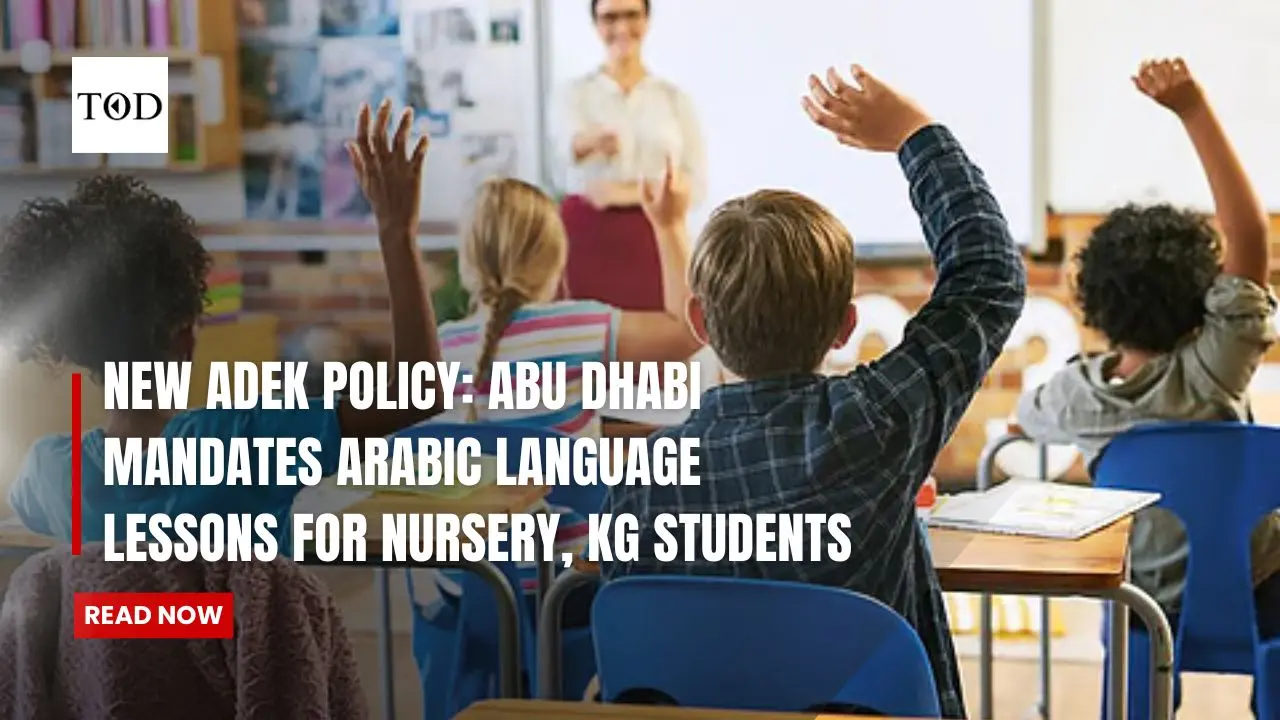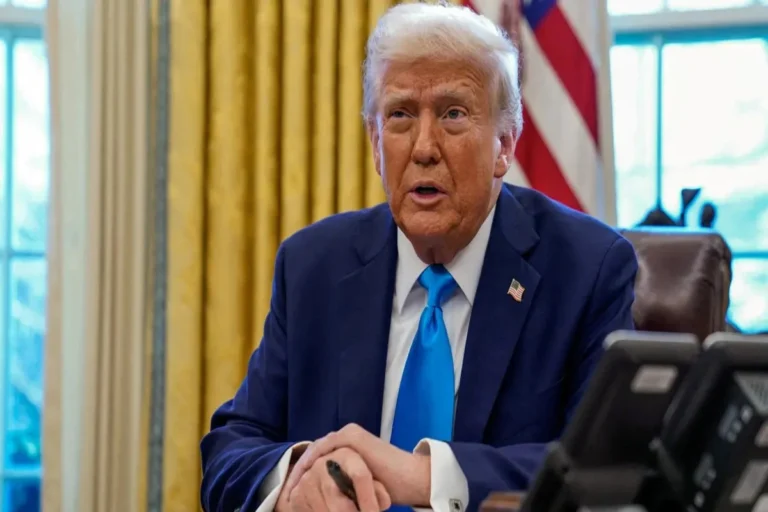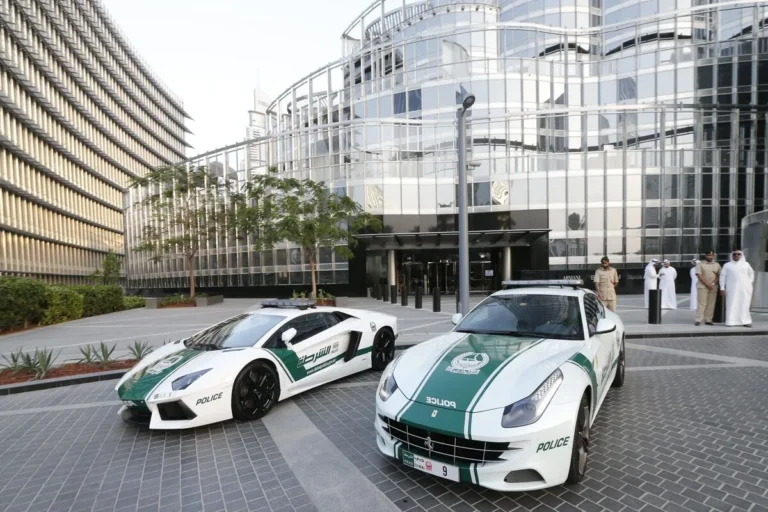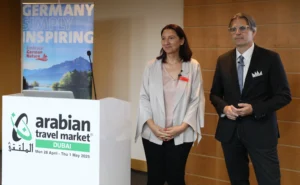June 10, 2025 | Dubai- Abu Dhabi’s new ADEK policy (Abu Dhabi Department of Education and Knowledge) has brought a big change in pre-school education regarding the Arabic language. Under this new guideline, the Arabic language has been made compulsory for four hours every week from the first semester of the 2025-2026 academic year for private and partnership institutions.
Why the Abu Dhabi mandates Arabic language?
Childhood is the best time to learn a language, so Abu Dhabi mandates Arabic language of 240 minutes from nursery to KG 2 under the new ADEK policy. This aims to provide quality education, benefiting both native Arabic speakers and children learning Arabic as a new language.
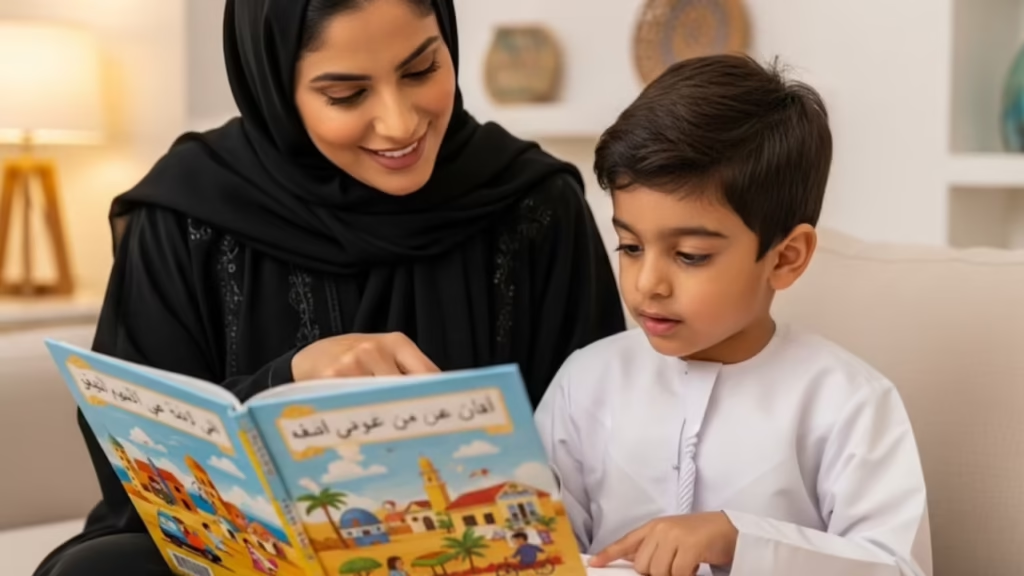
The initiative also aims to connect children with the UAE’s heritage, values, and culture. Through interactive learning with stories, songs, sports, and exploration, Arabic will be made fun and lively. Schools and parents will work together to create an environment where the Arabic language thrives both at home and in the classroom.
Features of the Abu Dhabi mandates Arabic language, New ADEK Policy
- Start time: This scheme will be applicable from the first semester of the 2025-2026 academic year.
- Weekly Target:
- 2025-2026: 240 minutes/week
- 2026-2027: 300 minutes/week
- According to age: This scheme will apply to children ranging from nursery (pre-KG) to KG 2.
- Two types of learning tracks:
- To further strengthen their language grip for Arabic-speaking children.
- Focus on basic skills for Arabic language learning for new children.
- Interactive studies: Learning fun and effective language through sports, stories, songs, and activities.
- Trained Teacher: Experienced teachers and modern resources will play an important role in this.
- Parents’ participation: Parents will be given guidance for tools, updates, and Arabic language-based activities at home.
UAE-wide Arabic Revitalization
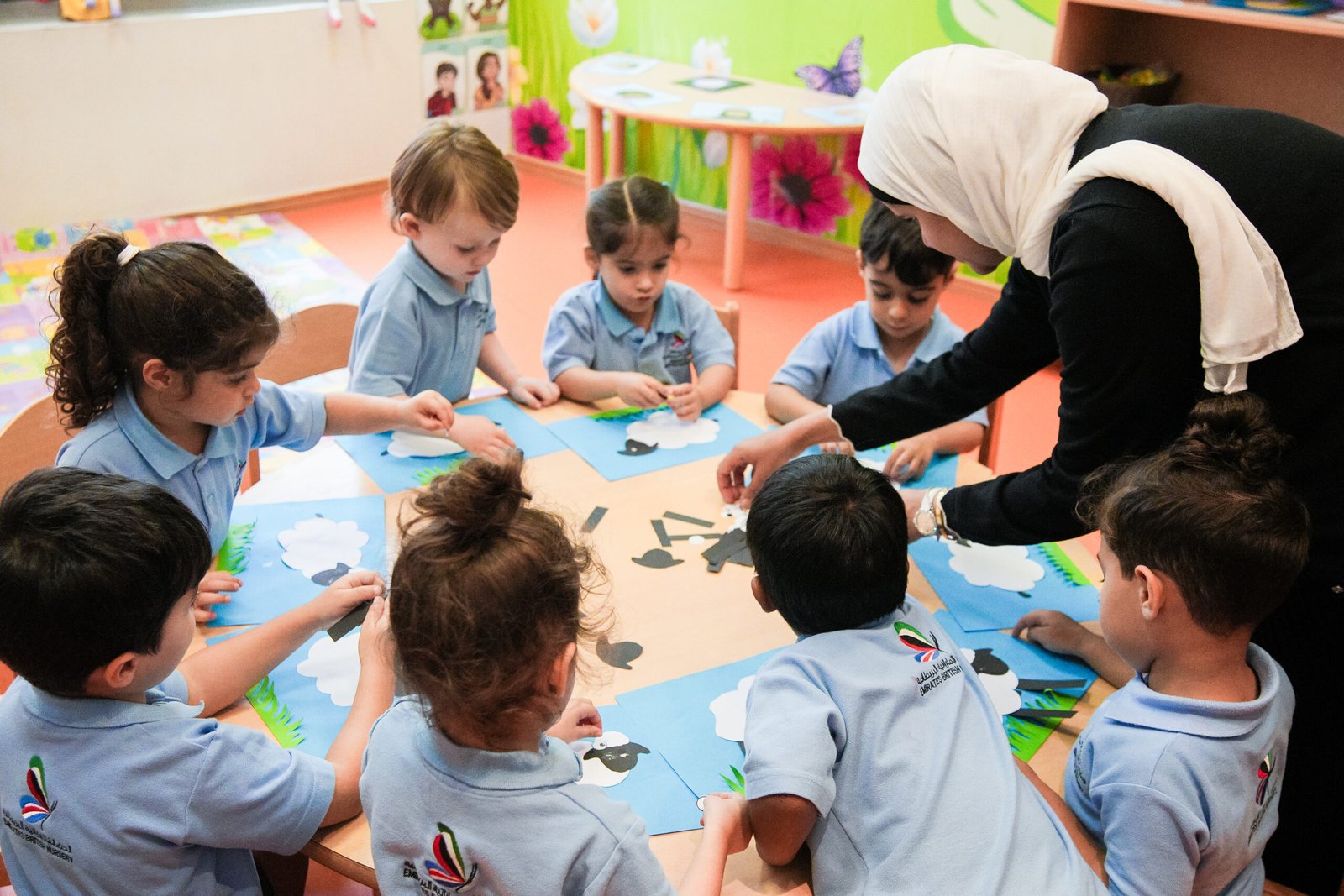
- Arabic confidence in the Arabic language: Many children speak Arabic at home, but they do not feel that much confidence in class. This policy will help in removing this difference.
- Continuity in education levels: Uniformity and easy transition in Arabic language studies from nursery to formal education will be ensured.
- Overall Development: This initiative will not only promote proficiency in language but will also strengthen cultural understanding and cognitive development.
Benefits of the Abu Dhabi mandates Arabic language
Many children speak Arabic at home, but they do not feel that much confident in class. This policy will help in removing this difference. It will also ensure a smooth transition in Arabic language studies from nursery to formal education by providing uniformity and continuity across levels. Overall, this initiative will not only promote proficiency in language but will also strengthen cultural understanding and cognitive development.
What Parents Should Expect?
In the journey of learning the children’s Arabic language, schools will send updates and helpful materials from time to time to parents. At home, families are encouraged to engage in Arabic-themed activities that make learning enjoyable and interactive. Participating in Arabic language and cultural festivals with your child also offers a unique opportunity to deepen their connection with the language and its rich heritage.
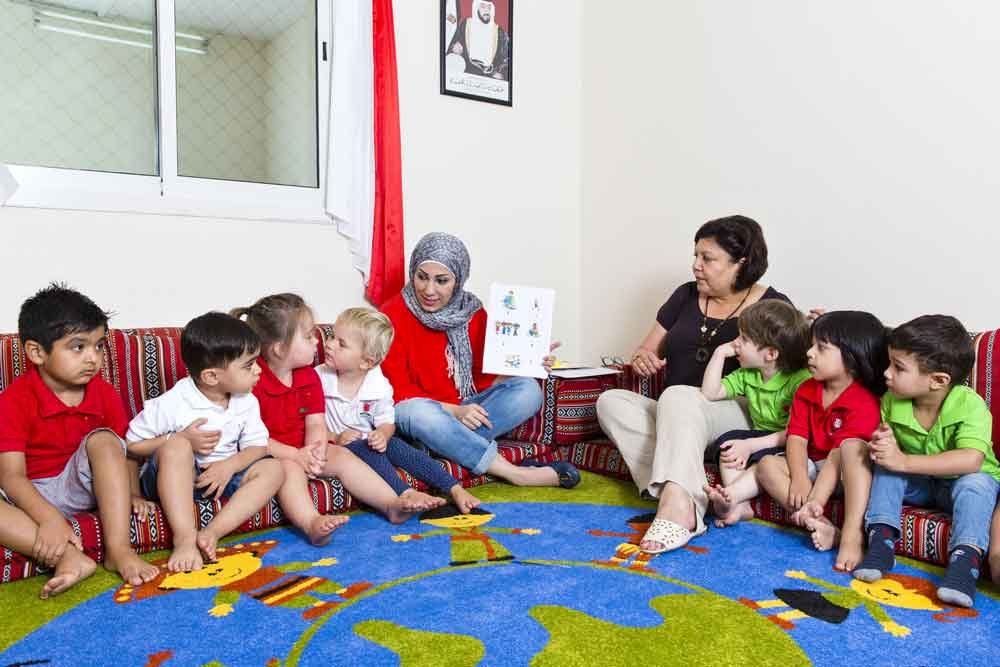
Abu Dhabi’s ” Abu Dhabi mandates Arabic language under new ADEK Policy” is not just a new course, but a changing educational approach. This includes weekly scheduled time, interesting teaching methods, and active participation of families, making every child listen, speak, and learn the Arabic language from the early days of school. This initiative is part of a nationwide effort that protects cultural identity as well as confidence in language, and also a deep connection with its heritage.
This bold step of Abu Dhabi establishes a new standard, which shows that the elementary education provided thoughtfully and fully incorporated can create not only academic skills, but can also create the roots of identity and in legacy.
Read More: Plastic Products Ban in UAE: Major Single-Use Plastics to be Fully Banned by 2026


